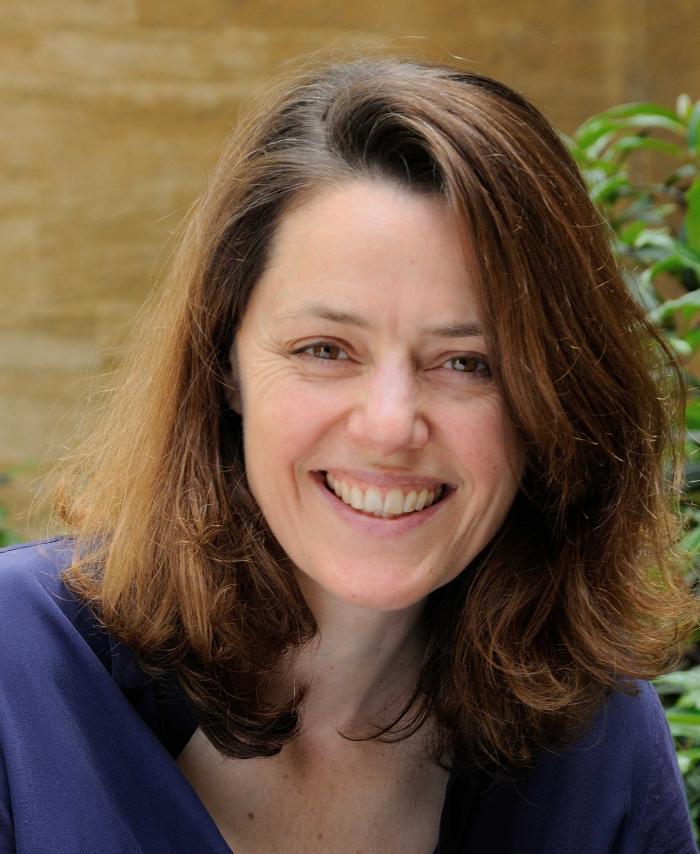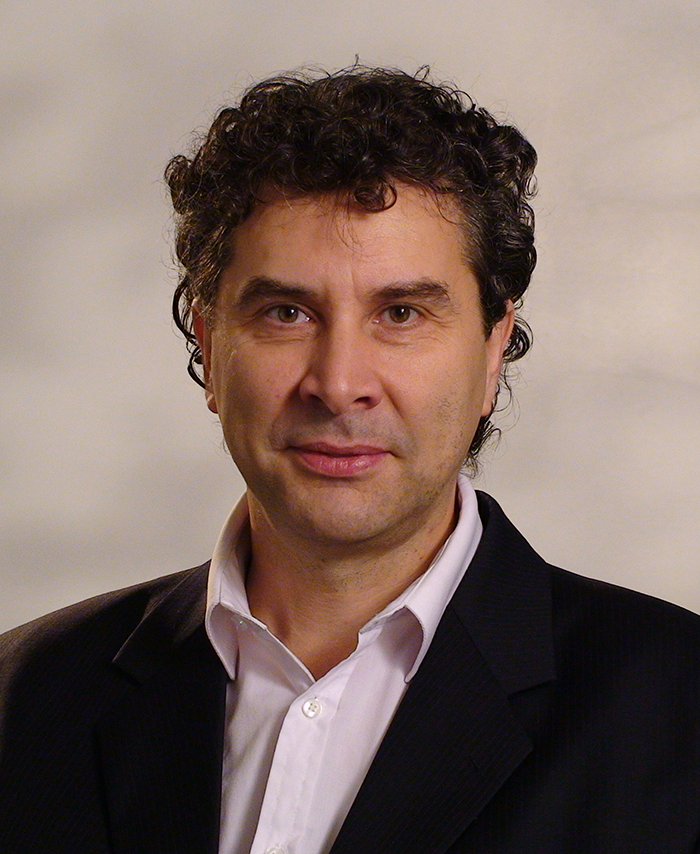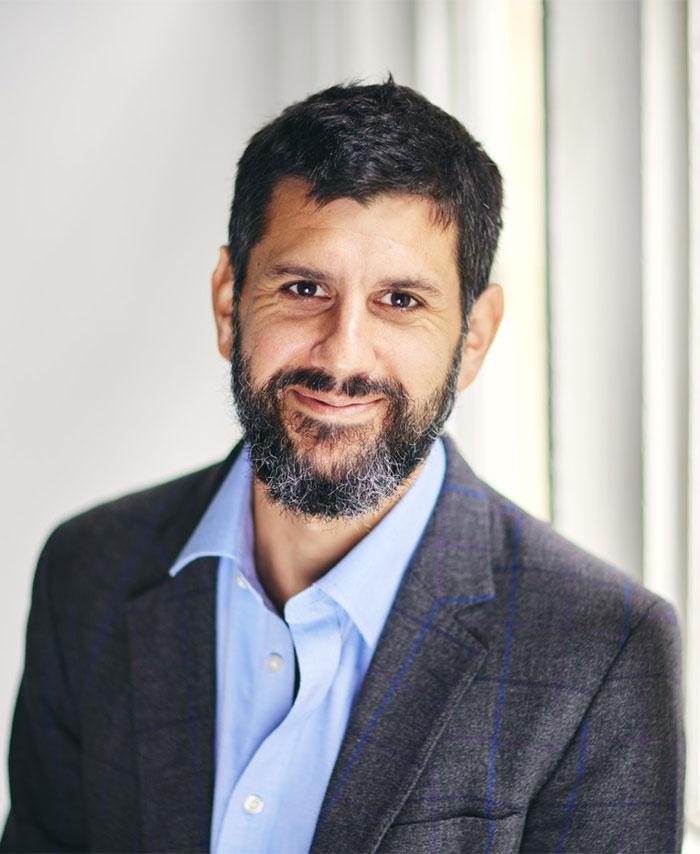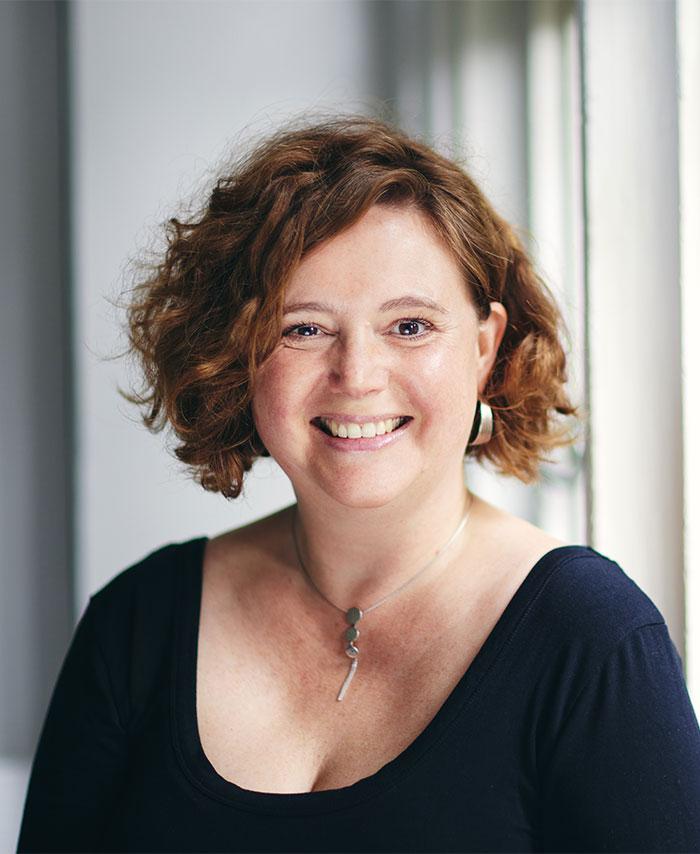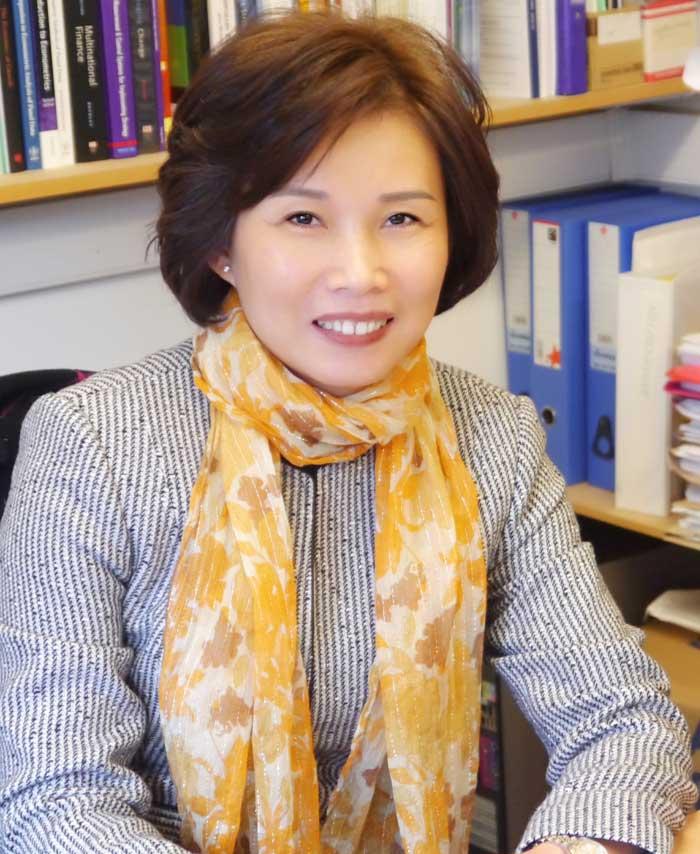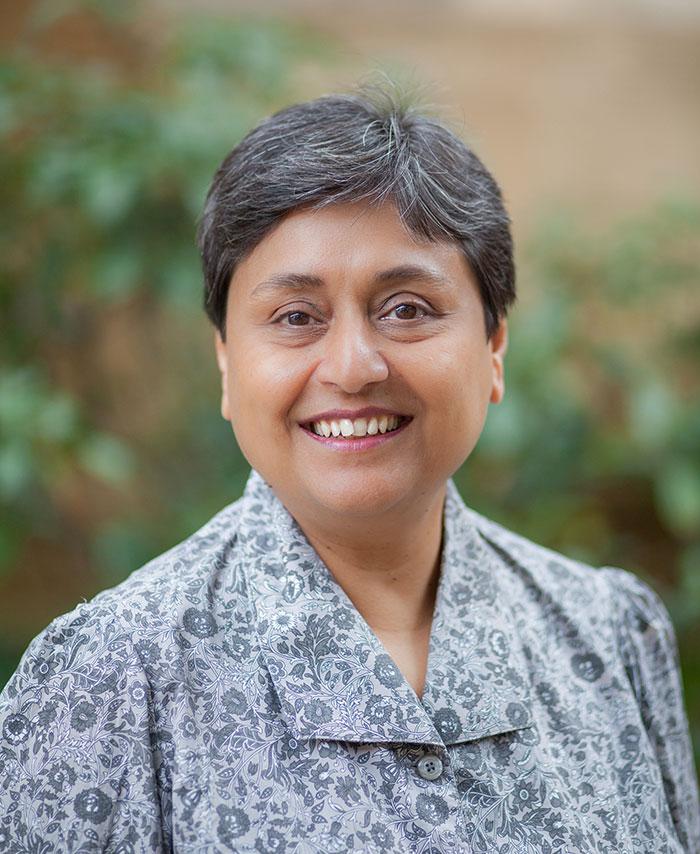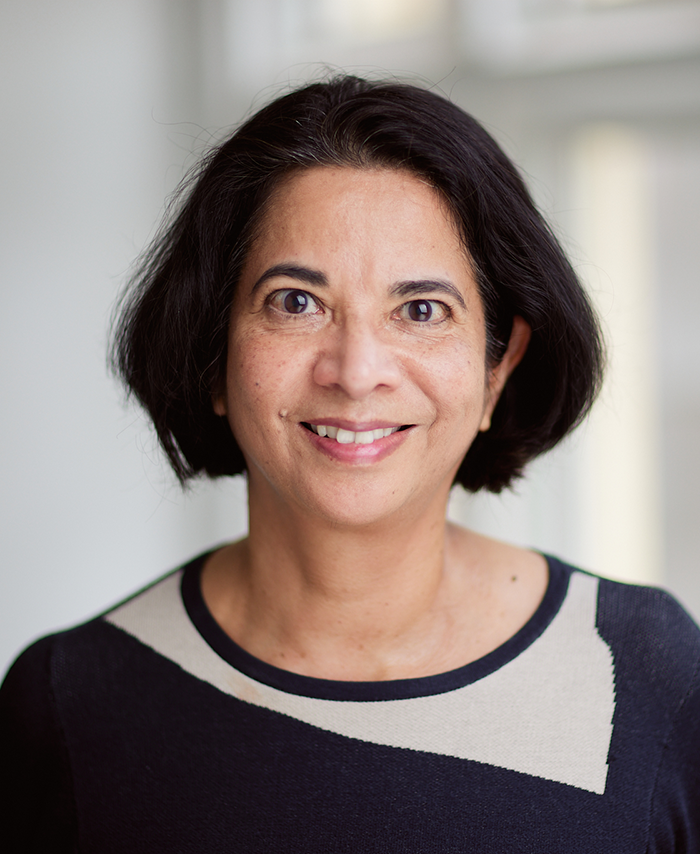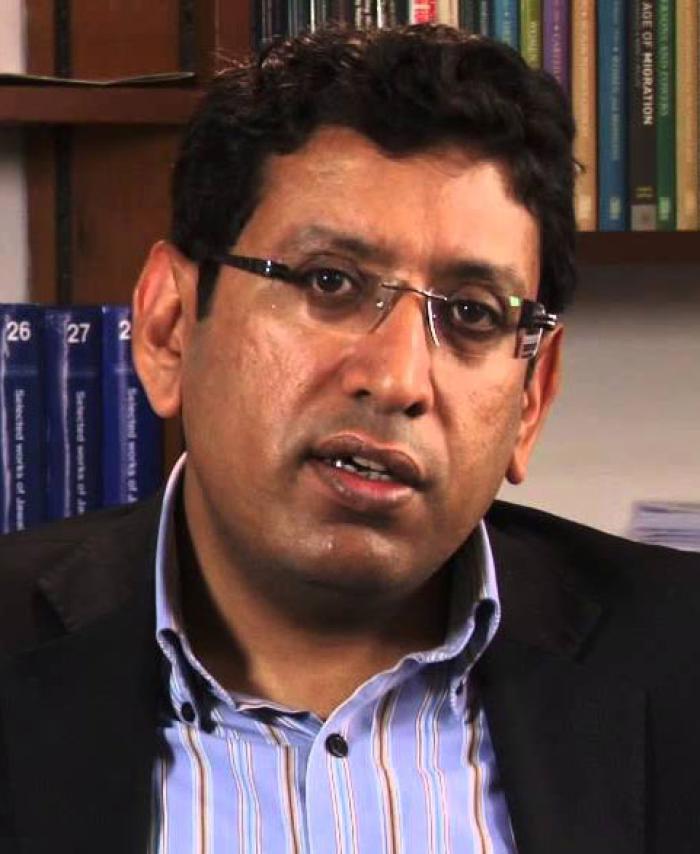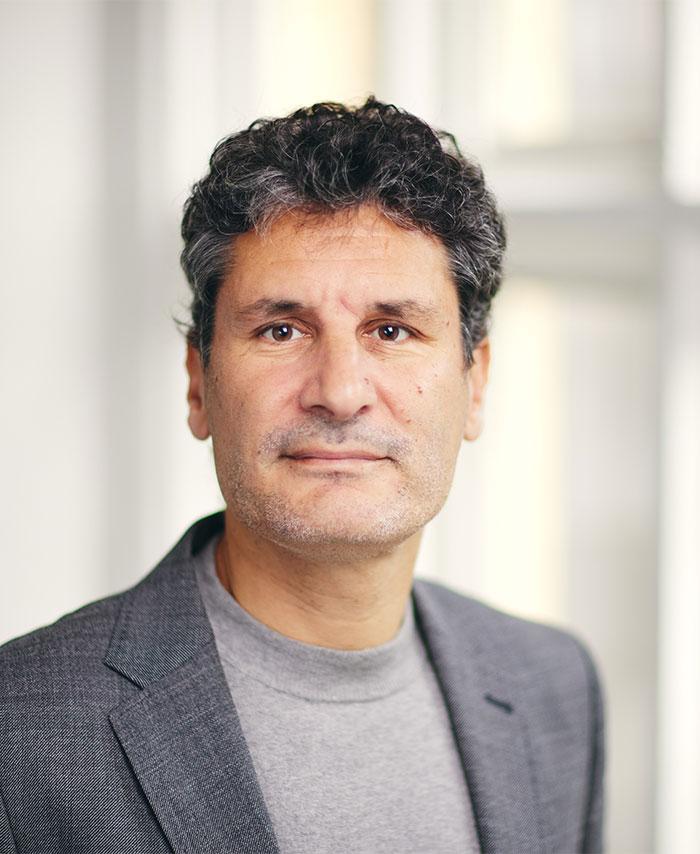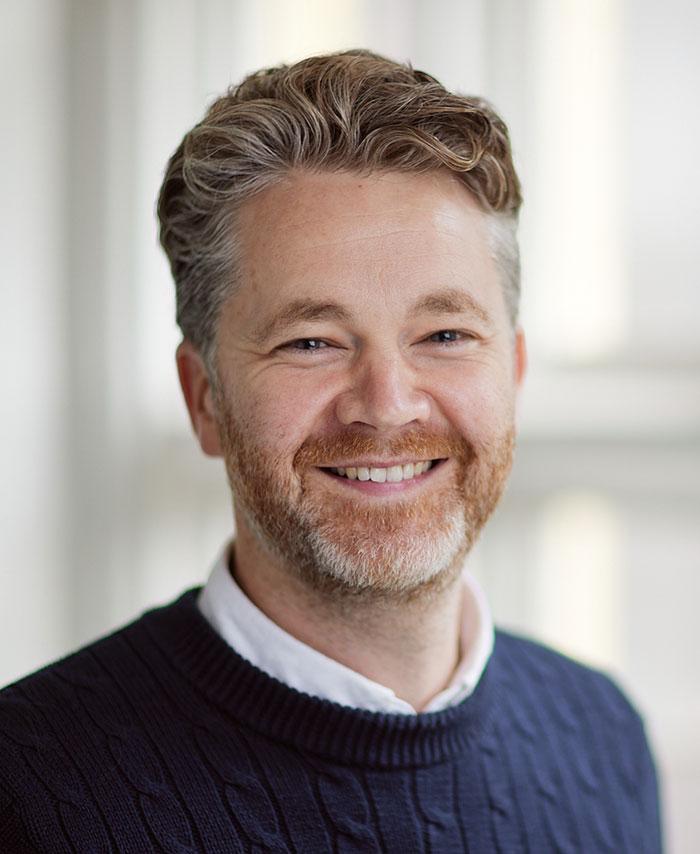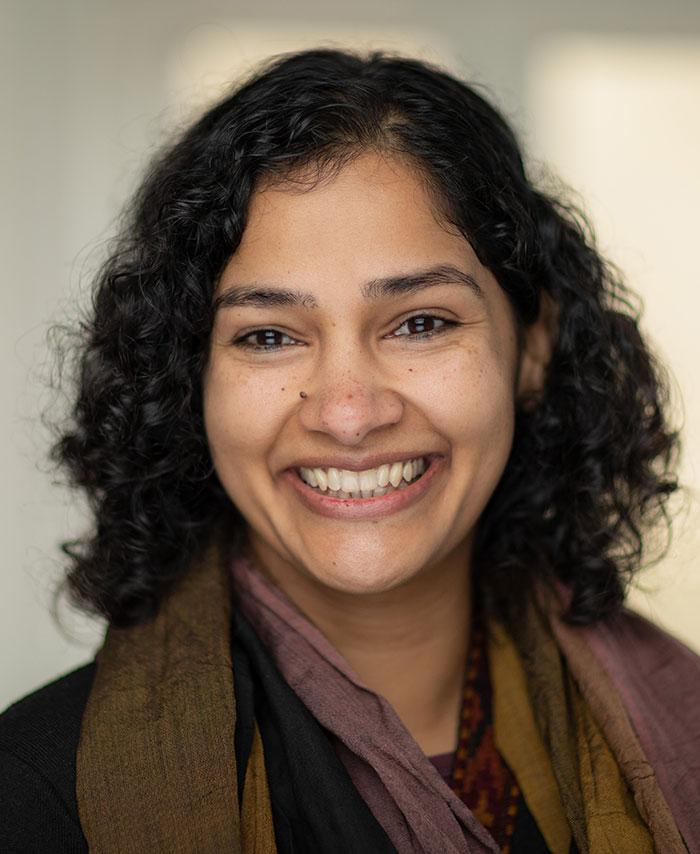The DPhil in International Development enables students to pursue in-depth research into processes of social, political and economic development and change in the Global South, in a uniquely multidisciplinary academic environment.
The degree can form the basis for an academic career or for a senior post in policy research.
We provide an exceptionally supportive and enriching environment for our DPhils, who are able to draw on the expertise of scholars in a wide variety of disciplines related to the broad field of development and a range of regional specialisms, with notable strength in Africa, Asia and Latin America.
Our research centres, which are at the forefront of their subject areas, are a rich source of data and case study material for doctoral research and we also have close connections with other departments and research centres across the University.
Around 70% of our current DPhil students have received full or partial scholarships to fund their doctoral study at ODID and once on the course, they can draw on further departmental funding to meet their needs at different stages of their research.
Our DPhils have a dedicated study area, known as the Loft, which provides a friendly and welcoming space for peer support and networking. They hold a weekly seminar series at which they present their work and benefit from peer feedback. First-year students also present their work to members of the academic staff and other students in preparation for the start of fieldwork, which provides comprehensive academic input in the formative phase of research.
Students are encouraged to publish in their final years, and are supported in doing so through workshops and a dedicated fund. Students often submit their work to international peer-reviewed journals, including the journal Oxford Development Studies, which is edited at the department. ODS offers a £1,000 prize for the best student paper accepted for publication.
There is a dedicated Course Director for the doctoral programme, the Director of Doctoral Research, who is available to students for consultation and support. We also have a very friendly support staff who can help with queries or difficulties.
You can find out more about the support available in the Funding and Facilities tabs below.
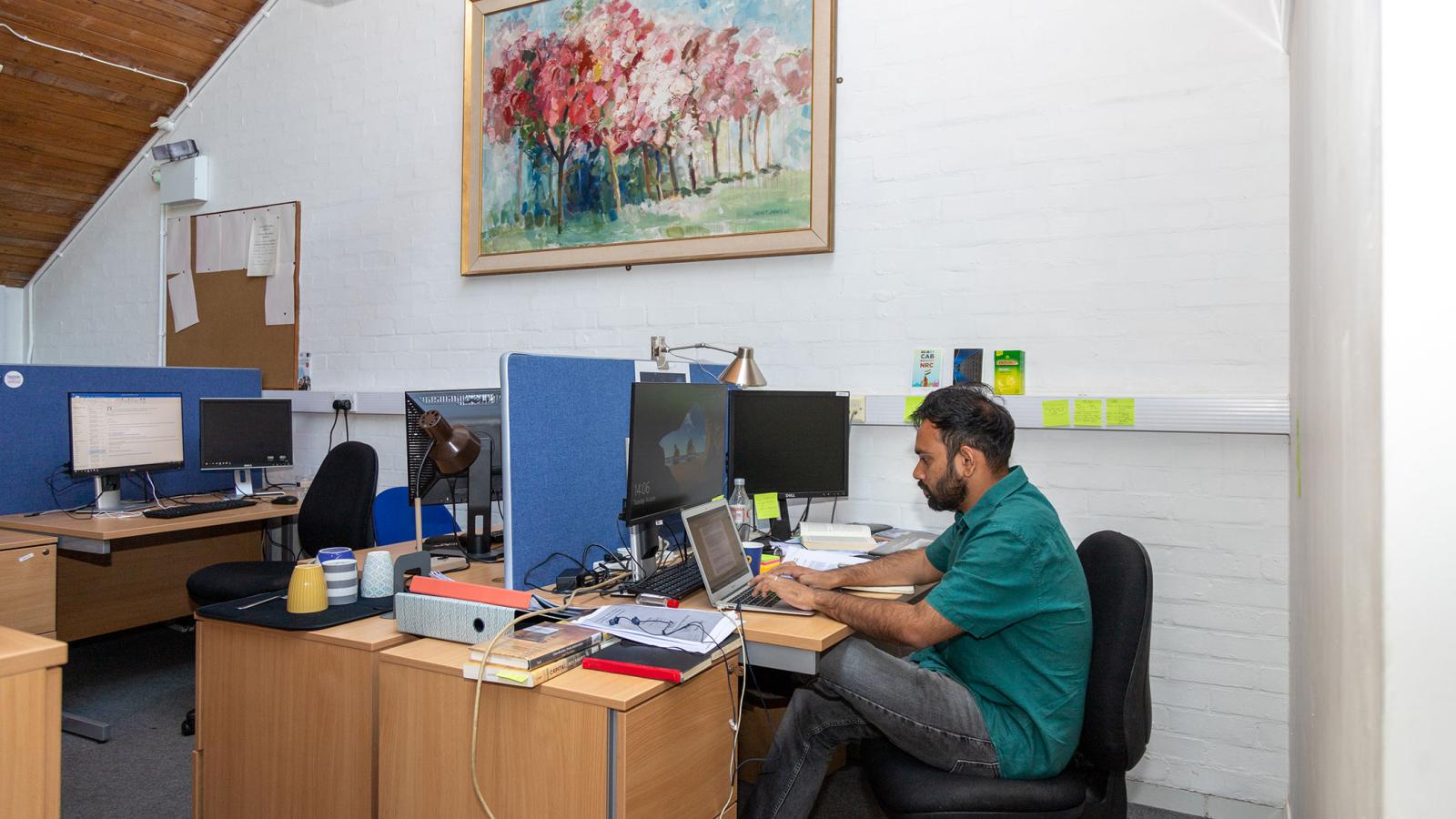
As a DPhil student you will undertake your own original research project under the guidance of your supervisor. One of the requirements of admission is a good fit with a supervisor. It is essential before applying to look carefully at supervisors’ profiles to ensure a fit with ongoing research in the department (see the Supervisors tab). When applying, you must include the name of at least one suitable supervisor from the list of DPhil supervisors in order to be considered for the DPhil. The supervisor will meet with you regularly each term and will help to develop and guide the project. At later stages the supervisor will provide feedback on draft chapters. You will also work on your own extensively, and you will need a high level of motivation.
You will be admitted initially as a Probationer Research Student (PRS), transferring to full DPhil status at the end of your first year. During the probationary period, you will develop and begin work on your thesis topic. You will be offered training in relevant research methods, language, computing and other skills, and have the opportunity to attend lectures, seminars and classes in your general topic area.
As a PRS you will take one taught class, either in research methods or from an Oxford master’s degree relevant to your research, on which you will be examined at the end of the first year. You must pass this course in order to transfer from PRS status to full DPhil status. You also need departmental approval of a fully developed research plan, which you will present in your transfer paper to two assessors approved by the department’s Graduate Studies Committee.
You are expected to be resident in Oxford for the PRS period. Once the transfer is complete, you may leave Oxford in order to conduct your fieldwork and continue the course by carrying out your own research under the guidance of your supervisor, with whom you will continue to meet or correspond regularly.
Assessment of progress will be made during these sessions with your supervisor and also in more formal viva voce examinations – for the Transfer of Status (usually at the end of the first year) and for Confirmation of Status (usually during the third year). More information on these two meetings can be found in the Course Handbook.
The University’s expectation is that a PRS will complete the degree in a period of three years plus up to one year of data collection research or fieldwork (if needed and restrictions allow). The University’s expectation for students who transfer to the DPhil after the MPhil in Development Studies is that they complete in two years plus time needed for data collection research or fieldwork: they are also expected to be resident in Oxford for part of this time. However, it is not unexpected for PRSs to take between three to five years and for those from the MPhil to take two to four years, plus fieldwork. Further information on the structure can be obtained from the Course Handbook.
Many ODID DPhil students go on to develop academic careers in universities and research institutions across the world; others have taken up positions in the major international institutions, including the World Bank and the UN organisation, or in NGOs.
Some recent DPhil graduates include:
- Daniel E Agbiboa, Assistant Professor of African and African American Studies, Harvard University, USA
- Zainab Usman, Senior Fellow and Director of the Africa Program, Carnegie Endowment for International Peace, USA
- Sudheesh RC, Assistant Professor, Social Sciences, National Law School, India
- Luisa Enria, Assistant Professor in Political Anthropology, London School of Hygiene and Tropical Medicine, UK
- Lucia Rost, Head of Research, Plan International, UK
- Simukai Chigudu, Associate Professor of African Politics, University of Oxford, UK
- Elizabeth Chatterjee, Assistant Professor of Environmental History and the College, University of Chicago, USA
- Rakib Akhtar, Assistant Professor in Urban Planning, University of Birmingham, UK
- Myfanwy James, Assistant Professor in International Development and Humanitarian Emergencies, LSE, UK
- Aisha Ahmad, Assistant Professor, School of Law, Lahore University of Management Sciences, Pakistan
- Shannon Philip, Lecturer in Sociology, University of East Anglia, UK
- Diletta Lauro, Senior Policy & Advocacy Officer (UK Ukraine response), British Red Cross, UK
- Amogh Sharma, Departmental Lecturer in Development Studies, University of Oxford
- Georgia Cole, Chancellor's Fellow, University of Edinburgh, UK
- Mihika Chatterjee, Lecturer in International Development, University of Bath, UK
- Cintia Külzer Sacilotto, Assistant Professor, United Arab Emirates University, UEA
- Faith Cowling, Head of ODA Assurance, MENA Regional Department, FCDO, UK
- Adil Hossain, Assistant Professor, School of Development, Azim Premji University, India
- Dan Hodgkinson, Departmental Lecturer in Development Studies, University of Oxford
- Sherine El Taraboulsi-McCarthy, Director, NatCen International, National Centre for Social Research, UK
- Rebecca Buxton, Lecturer in Social and Political Philosophy, University of Bristol, UK
- Garima Jaju, Smuts Research Fellow in Commonwealth Studies, University of Cambridge, UK
- Maria Franco Gavonel, Lecturer in Global Social Policy and International Development, University of York
- Geraldine Asiwome Ampah, Senior Lecturer, Department of Sociology, University of Ghana
- Ankita Pandey, Departmental Lecturer in South Asian Studies, University of Oxford
- Lennart Bolliger, Assistant Professor in the History of International Relations, University of Utrecht, The Netherlands
- Arnold Chamunogwa, Africa Lead, Global Engagements & Partnerships, Oxfam America
- Alexandra Panman, Associate Professor, Bartlett Development Planning Unit, UCL, UK
It is essential for doctoral students to find a good fit with a supervisor, in terms of methodological and (inter-)disciplinary approach, and often also in terms of specific topic and region. The individual profiles of supervisors at the bottom of this page provide details of supervisory and research interests. You must include in your application the name of at least one suitable supervisor from this list in order to be considered for the DPhil. Please note that, while the department is home to a large number of researching academics, not all are able to supervise DPhils. ODID supervisors as a whole work across a wide range of disciplines (including anthropology, economics, history, and politics), topics and regions. Many cross disciplinary boundaries. Methodologies commonly include or combine ethnography, interviews and oral history, archival research and textual analysis, and quantitative methods.
A number of faculty use largely qualitative approaches to explore topics related to migration and refugees (Ruben Andersson, Catherine Briddick, Matthew Gibney, Loren Landau, Tom Scott-Smith). Others use ethnography, oral history, documentary sources, and mixed methods to explore topics such as public health; cultures of work; social policy; urban development; environmental governance; land reform; humanitarianism; technology; state-making and disciplinary regimes; and liberation struggles (see the profiles of Jocelyn Alexander, Max Bolt, Simukai Chigudu, Nandini Gooptu, Diego Sanchez-Ancochea, Nikita Sud, and Xiaolan Fu). Many of these topics are pursued in particular regions of Africa, Asia, Latin America, and the Middle East.
A group of political scientists (Corneliu Bjola, Joerg Friedrichs, and John Gledhill) are qualified to supervise doctoral theses in the areas of global governance, international relations, political sociology, and diplomatic studies, as well as international peace and security.
The department also houses a group of development economists (Chris Adam, Pramila Krishnan, and Amir Lebdioui) who supervise topics in micro and macro aspects of development. They supervise students working in the mainstream of empirical development economics – ie, applying econometric tools in conjunction with experimental, quasi-experimental, or observational data to answer questions about development processes and impacts. Some supervise students whose economic analyses use mixed methods and macro modelling (Adam), where the topics closely match their research interests. Other faculty (Fu, Sanchez-Ancochea) supervise on topics closely linked to economics, using mixed methods, case studies, and other approaches.
Click on the links below to find out more about supervisors’ research interests and the students they currently supervise.
A wide variety of scholarships are available to support doctoral study, including departmental scholarships. You can find full details on the Fees and Funding page.
We also provide additional funding for doctoral students at different stages of their research once they have joined the department:
- towards fieldwork travel, if travel is possible and approved (usually £800, with further amounts being granted on a competitive basis)
- to cover fieldwork insurance
- for student initiatives related to the co-production of knowledge with research participants
- for conference attendance by individual students
- for student-led academic activities/events in the department
- as hardship grants for self-funded students in case of need
- as bursaries, supported by Oxford Development Studies, for those close to submission
- as publication grants for students who have submitted or almost submitted their thesis
We offer excellent shared desk-space and a convivial environment for both intellectual and social interaction in the dedicated DPhil work area, the Loft. Students have access to full IT facilities, including computers, printers, scanners and Wi-Fi.
As a doctoral student you will have access to a wide range of seminars organised by the department as well as an enormous variety of events across the wider University. The department has its own lively and well-attended weekly DPhil work-in-progress seminar, at which you can present your ideas and receive feedback from your peers.
The Social Sciences Library, with its considerable print and digital strengths in development studies and a specialist librarian, is a short walk away. This is complemented by the world-class resources of the Bodleian Library and the satellite libraries in Area Studies, particularly Africa, Asia and Latin America.
DPhils have the support of a friendly group of administrative staff in the department. In 2017 our caretaker, Gary Jones, was named Best Support Staff in the OUSU Student Teaching Awards with a record 67 nominations.
Please refer to the course webpage on the University's Graduate Admissions pages for full information on selection criteria, application deadlines and English language requirements.
Please also see the Supervisors tab, which sets out which of our academics are available for supervision.
Enquiries about research degrees should be addressed to the Graduate Studies Manager, admissions@qeh.ox.ac.uk.



